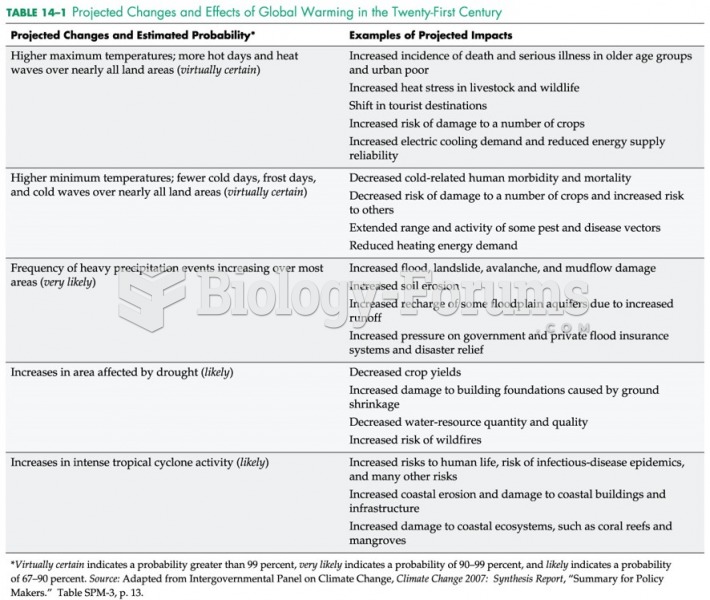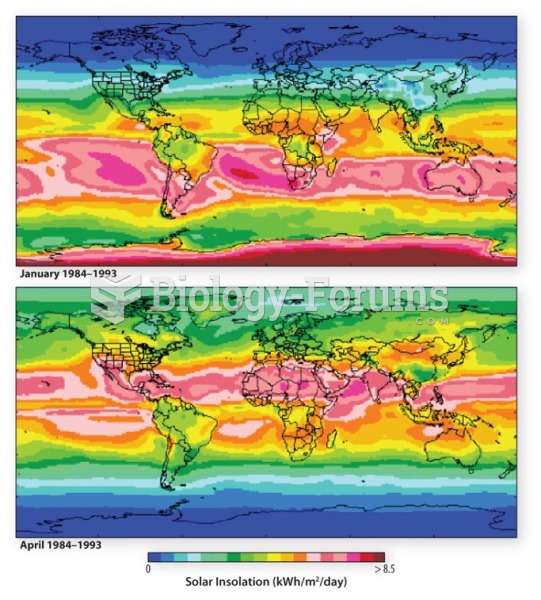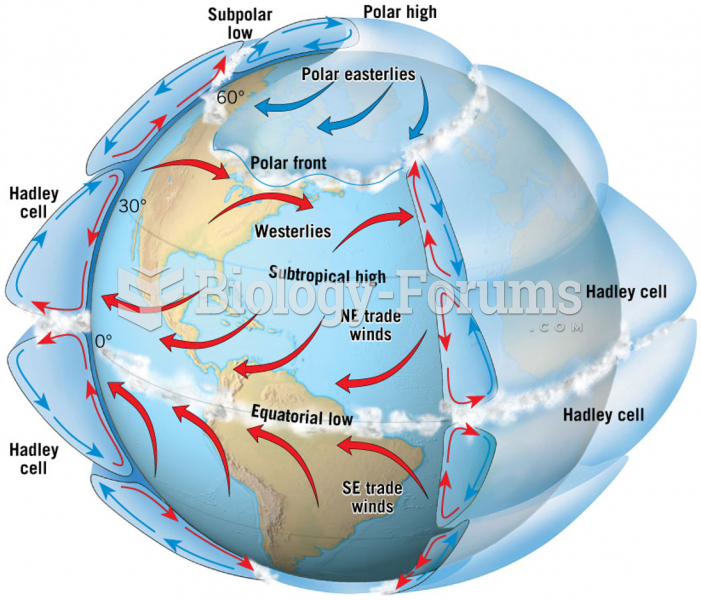Answer to Question 1
Answer: The climate of the Earth has changed dramatically over the last few million years and continues to change today. There is evidence pointing to a much more dramatic change in the form of global warming in the last 200 years because of human actions, notably the widespread burning of fossil fuels and the clear-cutting of forests since the start of the Industrial Revolution. Much of our understanding of climate change comes from models, which demonstrate both natural and human influences on climate
Despite the vast amount of data supporting the idea of global warming, there is still a certain amount of uncertainty surrounding the topic. We can break down these uncertainties into three main areas: a limited understanding of climate systems, potential rapid changes could affect climate change, and future carbon dioxide amounts unknown:
First, we have a limited understanding of the climate system and how to model it accurately. Computer models still have limits. This is partly because we don't have highly detailed information on the present conditions of temperature, pressure, and so on for every place and altitude. It is also because the rules we use to estimate atmospheric flows may not be completely representative of the complexities of the environment.
Secondly, we do not know if unforeseen, potentially rapid changes in conditions could affect our climate in the future. There is fear that we are fast approaching what scientists call the tipping point, the point at which changes are irreversible. One of these is the decrease in Arctic sea ice. As sea ice decreases, there is a tendency for the ocean to absorb more solar radiation because ice reflects more energy than does open water. This could cause the Arctic Ocean to become ice free for a much longer period each year.
Finally, we do not know what the levels of future emissions of carbon dioxide will be. The amount of carbon dioxide added to the atmosphere is controlled mainly by our use of fossil fuels and by land use and land management, such as forest harvesting and planting. We are assuming at the moment that we will still be dependent on fossil fuels and use the same land management systems of today. But what we do not know is whether we would have alternative land management systems and other energy sources.
Answer to Question 2
Answer: In the last few decades, debate over the role of human impacts on global warming has intensified. It is acknowledged that certain natural phenomenon, including changes in orbital geometry or volcanic eruptions have clearly affected climate in the past. But the vast majority of scientists see clear evidence that natural processes cannot account for the dramatic warming of the last 200 years. We now know that this warming is largely due to anthropogenic (human-caused) additions of carbon dioxide and other greenhouse gases to the atmosphere.
We have caused increases in atmospheric CO2 since the Industrial Revolution through the burning of wood and fossil fuels (notably coal and petroleum) in our power plants, industries, homes, and---above all else---our automobiles, along with other transportation systems. We have also cut down huge tracts of forests for building materials and to clear land for farms and sprawling cities---forests that would have acted as carbon sinks to absorb CO2 from the atmosphere. In addition, our rapidly growing human population (7 billion plus) and animal populations that we have exploited for food (billions of cattle, pigs, poultry, and other animals) contribute large amounts of CO2 to the air.







